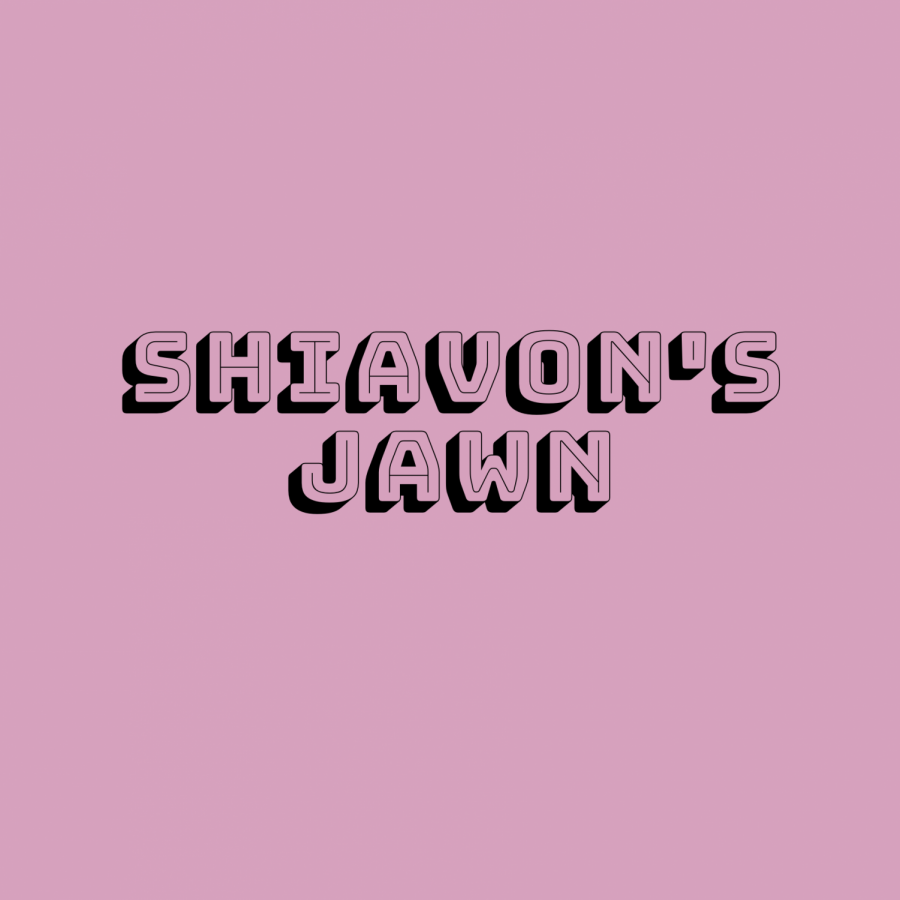SHIAVON’S JAWN: How ‘Roots’ and a Langston Hughes poem changed my life
February 3, 2020
A jawn. Pronounced jôn. Noun. A person, place, thing, or event that doesn’t need a specific name. An indescribable, but memorable entity.
I’m Shiavon and this is Shiavon’s Jawn. (If these two words don’t rhyme, then you’re saying my name wrong.)
I think I was 7 years old when my dad made me watch “Roots” for the first time. He said it was “necessary” and called it “required watching.”
Required watching for who?
Besides being uncomfortable with every white person I came in contact with for the next two months or so, I learned something important. I learned African slaves weren’t allowed to read. Because reading meant knowledge and knowledge is power. I never knew this.
My dad made me read a lot. Whether it was The Times on a Sunday night or American Girl chapter books, none of it made me feel powerful.
I was 7 years old. The only things that empowered me were “Sister, Sister” reruns and making my Barbie Dolls have cheerleading competitions.
I said “brr.”
(Gabrielle Union really inspired an entire generation of Black girls.)
Reading didn’t give me power. It didn’t inspire me much.
That is until I was 9 years old, and I read Langston Hughes’ poem “Mother to Son.”
Most Americans don’t like to read because the books they were forced to read as children or in high school were dull and predictable — like, every Shakespeare play ever.
Many parents tell their kids, “That’s the way life is,” or, “The world can be a cruel place,” when things don’t go as planned.
My dad told me, “Life ain’t no crystal stair.”
Reading that poem was enlightening for two reasons – I finally got the reference. I never knew what the hell he was talking about. Also, it embodied a sense of resilience inside every Black and Brown person, every immigrant, every LGTBQ+ folk, every person with an obstacle. Every person that has ever had a bad day. I find a new reason to love it with every passing year as I grow as a unique individual amongst unique individuals.
The poem makes you feel seen. It made me feel seen.
Reading that poem brought me to one of his autobiographies, “The Big Sea,” which later became my favorite book. From that book, I spent the next 15 years of my life reading, researching and being inspired by the Black creatives of the Harlem Renaissance.
I wanted to know more about my people, so I explored the world of the rainbow coalition which led me to Fred Hampton and then to Malcolm X and onward to Angela Davis – who all inspire the very political beliefs I have today.
It’s a cliche, but “Mother to Son” changed my life.
Reading can be powerful. What I read has impacted and molded the way I write. The way I speak. The issues I choose to fight for. The ones that leave me mute. The tweets I like. The news organizations I trust. The men I date.
Reading is power.
I had a job interview once. I walked in nervous, but prepared.
I was ready to talk myself up and sell my soul to capitalism so I could have money to go to the mall with my friends and afford something other than Cold Stone Creamery and earrings from Claire’s.
The interviewer asked me, “Who are your favorite writers?” I immediately loosened up and was taken aback a bit.
But, ooh I know this one!
I responded, “The greats of course – Langston Hughes, Zora Neale Hurston and Biggie Smalls.”
He smiled and I became the best damn sweater folder Marshalls has ever seen.
This is my weekly column where I’ll keep you updated on my straight-to-DVD life, my hip-hop snob opinions, being uncomfortable in this political climate and being a Black woman in predominantly white spaces.





























































































































